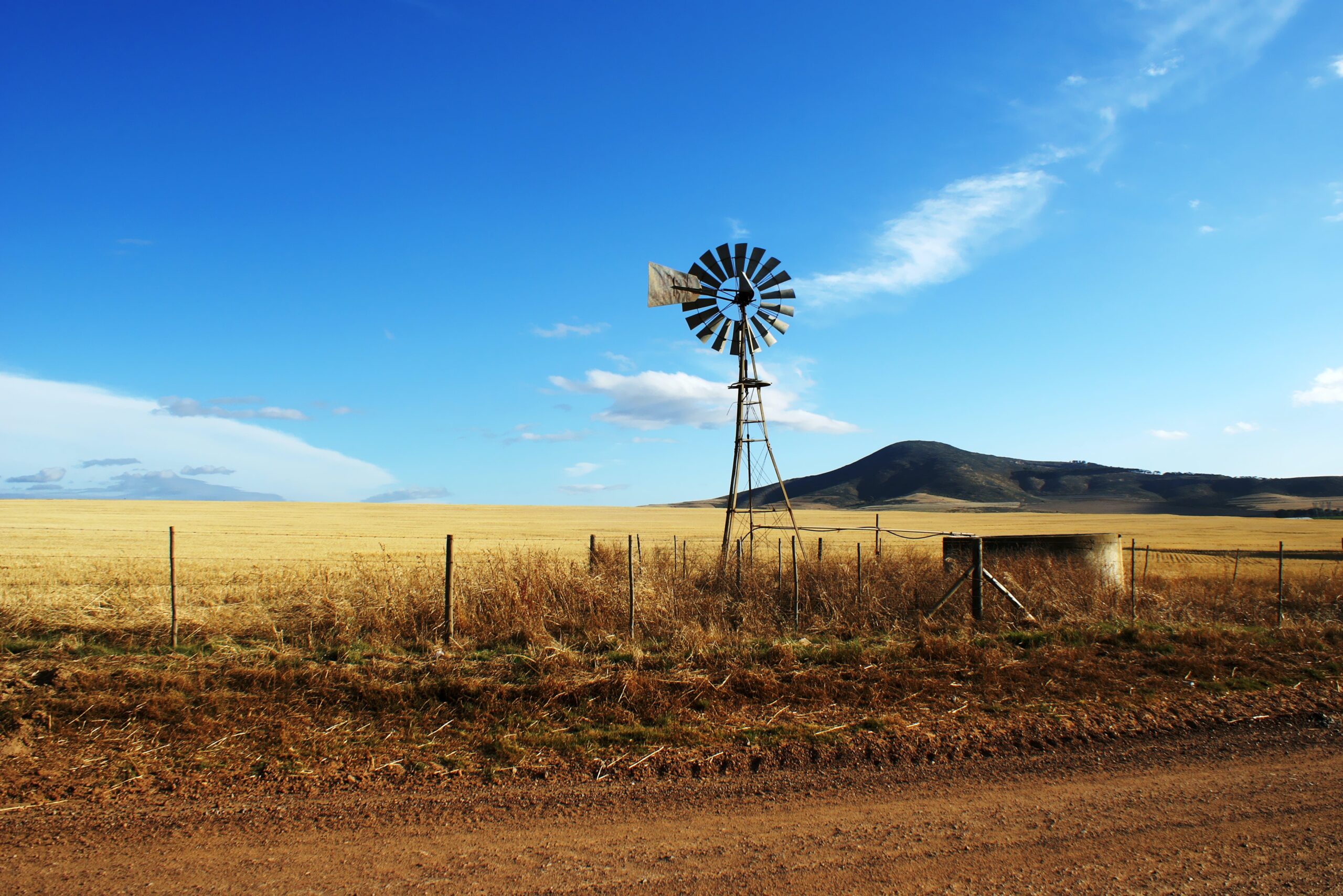Standard Bank has partnered with the University of Free State (UFS) and the Free State Department of Agriculture and Rural Development to contribute towards a more sustainable agricultural sector in South Africa. The programme leverages existing expertise, skills and infrastructure to support black commercial farmers in the Free State.
Since its inception in 2019, a new cohort of farmers has been trained each year in aspects such as animal management, pasture management, feeding, crop production, water and soil management, business training, entrepreneurship and mentorship.
The programme trained 111 black farmers in the Free State between 2019 and 2022, with a success rate of over 90%. This means that more than 93,6% of the farmers grew their farm activities or added new activities to their farms. In a few cases, some farmers added agro-processing activities like making juice from spinach, bottled water from boreholes on the farm, or canned vegetates like beetroot and beans. The 2023 cohort, comprising an additional 30 farmers from the Free State and 16 from the Northern Cape, are currently being exposed to the programme.
Elizabeth Motsumi, who joined the second cohort in 2020, has established a successful hydroponics farm, producing spinach. “This programme has empowered me and many others to build thriving agri-businesses that impact positively on our communities. It has allowed me to unlock my potential as a black farmer and contribute to a sustainable agricultural sector in South Africa. I am forever grateful for this life-changing opportunity,” says Motsumi.
The 2022 cohort will graduate on the following dates and venues:
- 31 May – Bethlehem
- 07 June – Bloemfontein
- 23 June – Kroonstad
- 28 June – Northern Cape
The event will be attended by representatives from Standard Bank, the Free State Department of Agriculture and Rural Development and the University of Free State.
Brendan Jacobs, Standard Bank’s Head of Business in the Free State and Northern Cape, says Agriculture is of fundamental importance, not only in terms of food security but also for entire economies.
Jacobs adds that the purpose of the programme is to provide black farmers with access to knowledge, funds and markets, into a position where their agricultural operations are relevant to all the financial, capital and market mechanisms needed to establish commercial farmers.
“Developing a diversified, inclusive agricultural sector in South Africa that helps all farmers develop the commercial ability to access national and even global agricultural value chains is key to developing a sustainable agricultural sector that not only provides food but is also broadly relevant to all of South Africans,” says Jacobs.
“While various legislative, industry, and private sector initiatives have sought to broaden diversity in South Africa’s agricultural sector, Standard Bank has observed that a key determinant of the success, or otherwise, of these initiatives is the ability to build or transfer the commercial skills required and to support those farmers through mentoring initiatives,” says Jacobs.
Professor Danie Vermeulen, Dean of Natural and Agricultural Sciences at University of Free State, says that various UFS stakeholders and counterparts play a role in the deliverables of the project:
- The UFS has a strong Agriculture Sciences division with experience in training farmers in formal undergraduate and graduate programmes and short courses.
- The UFS Centre for Development Support has a solid record of developing entrepreneurs.
- The University’s Innovation Office is at the forefront of technology transfer.
“Modern agriculture is a sophisticated industry requiring farmers to understand and manage production in concert with often dynamic finance, investment, technology and market systems. In this world, commercial ability is as critical to farming success as agricultural know-how, technology and methods,” says Vermeulen.
As a leading earner, especially of foreign exchange, and employer of nearly one million South Africans, agriculture plays a central role in the South African economy. Food security and the availability and affordability of nutrition are also critical for social stability and key to building general prosperity. As such, growing a sustainable agricultural sector in South Africa is fundamentally dependent on including more South Africans in the country’s commercial agricultural sector.










We’ve just received our national certification in plants production, through AgreSETA, level 3,so what is the next step, especially if we want to continue equipping ourselves, in terms of plants production? How can you help us to make the most of this project?
Hi Mahlape,
We will send your details through to the people involved with this project. Will you please send us you cellphone details as well?
– Regards, Editorial